Looking for Paradise?
Follow the yellow brick “Success” Road
“As for you my fine friend, you are a victim of disorganized thinking. You are under the unfortunate delusion that simply because you run away from danger, you have no courage. You’re confusing courage with wisdom.”
– Frank Morgan as the Wizard of Oz To Cowardly Lion
Courage doesn’t necessarily mean we willingly charge into danger or the unknown with reckless abandon. But it also doesn’t mean we take careful stock of everything either. On the one hand, we can run ourselves into situations we have no business being in and reap the most unpleasant consequences. On the other, we can pick things apart to the degree that we never move on to something but only stand and look at it. The very word ‘Living’ requires a certain amount of risk. The entire situation depends on the answer to one question: “What is wisdom?” Many people would say one thing, and others would say another. In this case, we cannot depend on someone’s opinion because they could be wrong, and I wouldn’t want to base my life decisions on that.
Basing your life on faulty decisions is like not having enough fuel in an airplane. When you board the aircraft, you are counting on the flight and maintenance teams to make wise decisions according to policies and procedures that have been vetted and approved. It would be unfortunate if the fuel master forgot to put enough fuel in it. Halfway to your destination, the plane runs out of fuel and crashes. At that point, it is too late to say, “Oh, sorry! That was my fault. I made a little mistake…I was wrong.”
In an aircraft, there is almost zero tolerance for error. Manufacturers and test pilots do a lot to ensure mitigation if an error or fault occurs. On the ground, we have a greater tolerance. For instance, if my automobile runs out of fuel, I may be able to safely guide it to the side of the road, which is much different than being thousands of feet in the air with no power.
Lessons from the Road
In the case of the Cowardly Lion in The Wizard of Oz, he was given a different perspective; it wasn’t cowardly to run away from a dangerous situation as long as he wasn’t running headlong into a worse one.
When it comes to leadership, there have been many changes in thinking over the past fifty years. A manager used to be able to be abrasive to his employees and get away with it, including physical encounters. That is no longer the case, and much research contributes to the idea that it is much better to coach the team than to run them into the ground with a command and control attitude. That may have worked in the military with a captive audience, but it doesn’t work in today’s society.
Courage comes into play when we decide to depart from what seems easier to do and take action that may be much more costly upfront. It is far easier on the front end to tell people what to do and be done with it than to spend the extra time to coach teams into higher performance and agreement. It takes more time both for management and the team. Yet, in the end, it has proven to have a far greater return. Research has shown that coaching can provide an ROI of up to 800% over training and telling.
In The Wizard of Oz, Dorothy and her three companions were looking for and hoping that the wizard would take care of their problems, something we might refer to as wishful thinking. In the end, they found that the answers they were seeking were based on faulty questions and faulty thinking. How many times are we a victim of our disorganized thinking? We operate daily based on what we think we know and rarely have the luxury of time to question our actions, much less our motives. Dorothy found that she had unrealistic expectations of other people in her life. The Cowardly Lion found that he was acting out other people’s expectations instead of being himself. The Scarecrow realized that being smart didn’t bring wisdom or intelligence. The Tin Man found that being emotive didn’t depend on himself but on his involvement with others. The overall lesson tells us that our wisdom and what we are looking for in life is relational. It is not so much the destination but the journey to the destination which is valuable. Ultimately, Dorothy and her friends learned what they needed to know along the way, not by meeting the wizard.
The business lesson is that the more we invest in our companions while on the journey, the better off we will be at our destination.

Take the Next Step
In Your Success Journey
Call to talk about Your Success in Life
Complimentary Call (that means no cost)
Authored by H Mark Taylor – An Independent Certified Coach, Teacher, Trainer, and Speaker with Maxwell Leadership Certified Team
Copyright © 2024 H Mark Taylor. All rights reserved.


